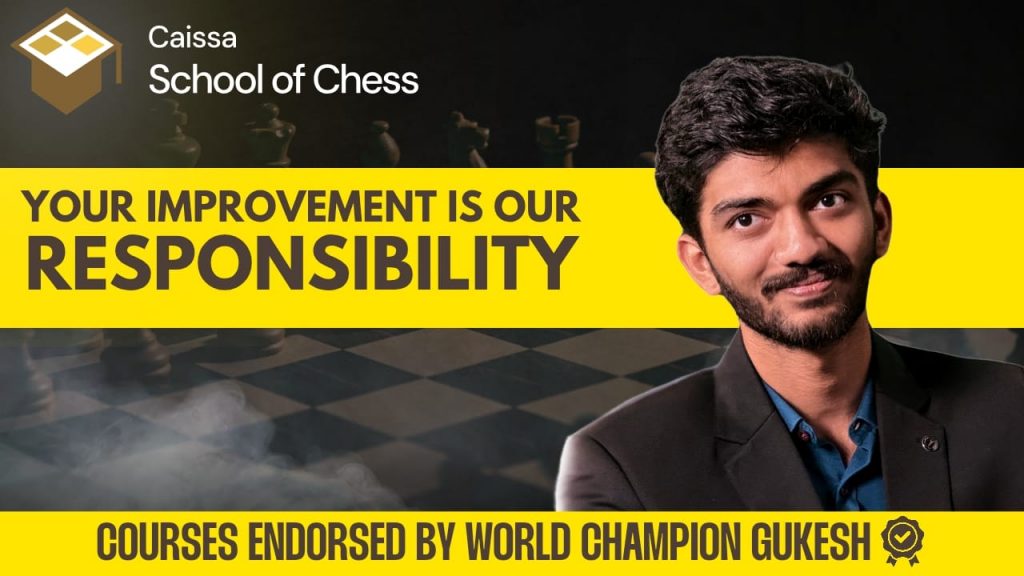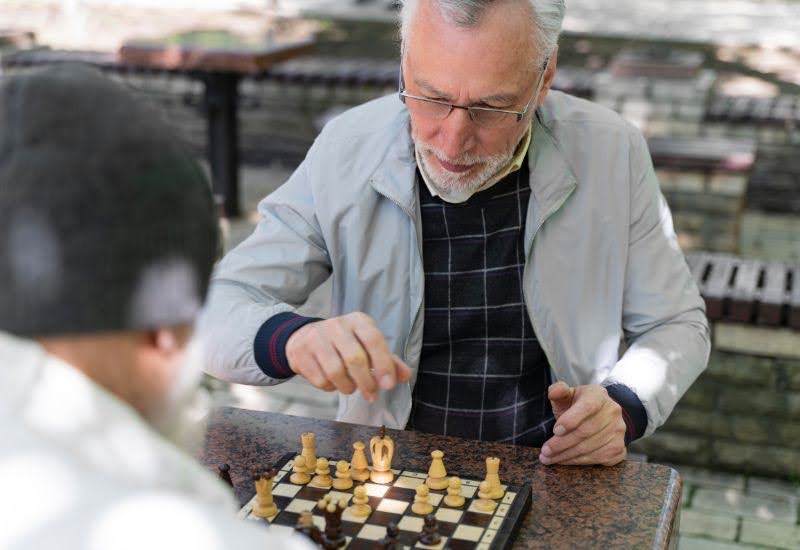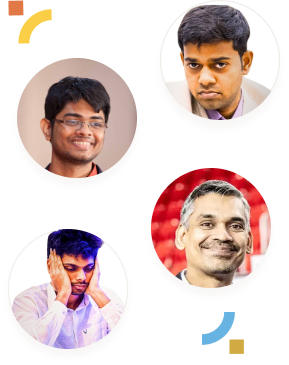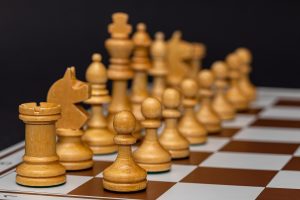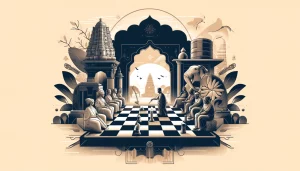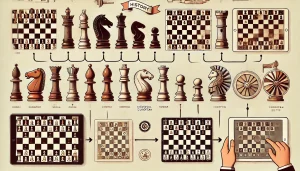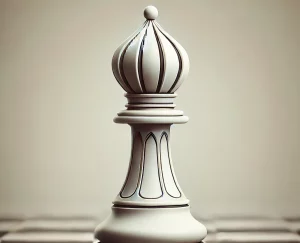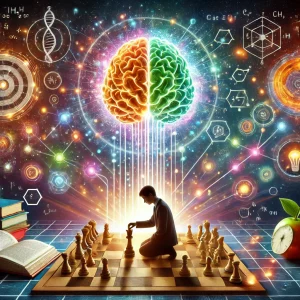If you’re dreaming of becoming a chess Grandmaster, get ready for a journey that’s part mental marathon, part tactical battle. Think of it like training to be a Jedi or mastering an art form—it’s a mix of talent, grit, and strategy. Achieving this title means securing a spot in one of the most elite clubs in the chess world, and it’s no small feat. In this guide, we’ll break down the exact steps, requirements, and mindset needed to reach Grandmaster status, with special insights for aspiring players navigating this complex journey.
The Prestige and Significance of Becoming a Grandmaster
The title of Grandmaster (GM) is the highest title in chess, awarded by the Fédération Internationale des Échecs (FIDE), the global governing body for chess. It signifies not only a high level of mastery over the game but also a recognition of a player’s dedication, skill, and resilience. Grandmasters are often revered, as their strategic thinking and dedication have propelled them into this exclusive rank. Achieving the Grandmaster title is a crowning achievement in a chess player’s career.
FIDE’s Role in Chess Titles
FIDE is responsible for awarding chess titles and overseeing the regulations that aspiring Grandmasters must follow. FIDE sets the standards for performance, tracks ratings, and certifies the players who meet these stringent requirements. Aside from the GM title, FIDE also awards other notable ranks, including:
- International Master (IM): The rank just below Grandmaster, requiring a FIDE rating of 2400.
- FIDE Master (FM): A respected title, requiring a 2300 FIDE rating.
- Candidate Master (CM): A FIDE rating of 2200 is needed for this entry-level title.
Requirements to Achieve the Grandmaster Title
So, what does it take to officially become a Grandmaster? Let’s dive into the criteria set by FIDE.
Achieving a FIDE Rating of 2500 or Higher
To be eligible for the GM title, players must reach a FIDE rating of 2500 at least once. Ratings fluctuate based on performance, and achieving 2500 requires consistently strong results, especially against other highly rated players.
Securing Three Grandmaster Norms
Beyond reaching a 2500 rating, players need to earn three Grandmaster norms. Norms are earned by performing at a GM level in official tournaments, meeting specific criteria for opponents’ ratings, performance levels, and the number of rounds. Grandmaster norms validate a player’s skill in diverse and challenging settings.
Required Number of Games
FIDE also requires that players play a specific minimum number of games against fellow titled players to qualify. This rule ensures that candidates are thoroughly tested across various competitive environments.
Want to elevate your chess skills and track your progress?
You can monitor your chess progress and get personalized coaching by signing up on Caissa, an AI-driven chess learning platform by CircleChess. Caissa serves as your AI-powered chess coach, offering personalized insights to assess your chess skills and measure monthly improvement. It’s perfect for staying motivated, tracking your growth, and focusing on the areas that need development. Ready to take the next step?
Starting Your Chess Career and Progressing Through Ratings
For any player starting out, building a FIDE rating begins with playing in rated tournaments. Players usually start at 1200, and each game affects their rating based on results and the opponent’s rating. With consistent performance, players can see their rating climb over time, but each rise in rating becomes more challenging.
The Role of Opponent Ratings
A player’s progression relies heavily on the ratings of their opponents. Defeating higher-rated players boosts your rating more significantly than defeating players with lower ratings. This approach rewards ambitious play and encourages players to face challenging opponents.
Online Ratings vs. FIDE Ratings
Many chess players first encounter ratings through online platforms like Chess.com or Lichess. However, these ratings differ significantly from FIDE ratings. While online platforms provide a sense of a player’s skill level, only official FIDE-rated games contribute to the 2500 rating required for the Grandmaster title.
What Are Grandmaster Norms?
A Grandmaster norm is essentially a high-level performance benchmark. To earn a norm, a player must perform at or above a Grandmaster level in an official tournament. Achieving a norm involves playing a specified number of games, facing a mix of titled opponents, and scoring at least a set number of points.
Factors Affecting Norm Calculation
Several factors affect how norms are calculated, including the ratings of opponents, the tournament’s length, and the player’s overall performance. The process is rigorous, as players must consistently demonstrate their Grandmaster-level skills.
Exceptional Cases for Earning Norms
There are rare cases where players earn norms in unique ways. For instance, high placements in certain international tournaments can yield a norm. Additionally, exceptional young players sometimes earn norms quickly, catapulting them into the Grandmaster title with remarkable speed.
Challenges and Demographics in Becoming a Grandmaster
Becoming a Grandmaster is incredibly challenging—only about 1,800 players worldwide have achieved this rank. The limited number of GMs is a testament to the title’s difficulty and prestige.
Historical Perspective
The Grandmaster title has been around since the early 20th century, with FIDE officially recognizing it in 1950. Early Grandmasters included legends like Bobby Fischer, Anatoly Karpov, and Garry Kasparov, who set the standard for excellence in chess.
Geography, Gender, and Race in Chess Achievement
While talent exists worldwide, access to high-level chess coaching and tournaments varies. Players from countries with strong chess traditions (like Russia, India, and the U.S.) often have greater access to resources, which can make a difference in their journey. Moreover, while more women are joining the Grandmaster ranks, female GMs remain underrepresented.
Advice for Aspiring Grandmasters
- Embrace the Long-Term Commitment: Becoming a Grandmaster isn’t a sprint; it’s a marathon. This journey requires a long-term commitment to improvement, continuous learning, and honing your skills.
- Focus on Process Over Results: Chess is as much about the process as the result. Stay focused on improving each game, each move, and learning from mistakes. This dedication to growth will pay off in the long run.
- Enjoy the Journey: Remember, chess is a game. Yes, it’s competitive and challenging, but at its core, it’s also about enjoyment. Maintaining a love for the game will help you overcome challenges and stay motivated.
- Seek Support from Others: Chess can be a solitary pursuit, but you don’t have to go it alone. Join chess clubs, work with coaches, and connect with other aspiring players to keep your journey vibrant and collaborative.
Embracing the Journey on how to become a Chess Grandmaster

Becoming a Grandmaster in chess is a journey that pushes players to their mental limits, but it’s also a path of incredible personal growth. Each step—from understanding FIDE ratings to earning norms—brings players closer to mastery. Remember, the journey itself is as valuable as the title, and every game played contributes to your growth as a player.
Ready to take the next step in your Grandmaster journey? Consider the Caissa School of Chess—a complete curriculum designed to help you improve and excel in chess. With live classes led by some of the world’s top GM coaches who’ve trained prodigies like Gukesh, Arjun, Raunak, and Nihal, you’ll have expert guidance every step of the way. Caissa also offers peer-to-peer learning, where you can connect with players of similar strength to collaborate, compete, and grow together.
Plus, Caissa provides supplementary classes for those needing extra support, ensuring everyone maximizes their learning. With regular assignments, engaging activities, and practice tournaments, Caissa School of Chess is your gateway to reaching new heights in the chess world.
What’s your next move in the world of chess? Share your goals, and let’s inspire each other on this exciting journey to chess mastery!

